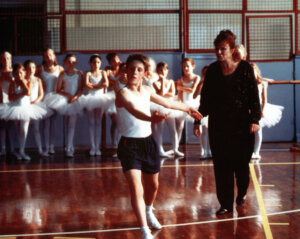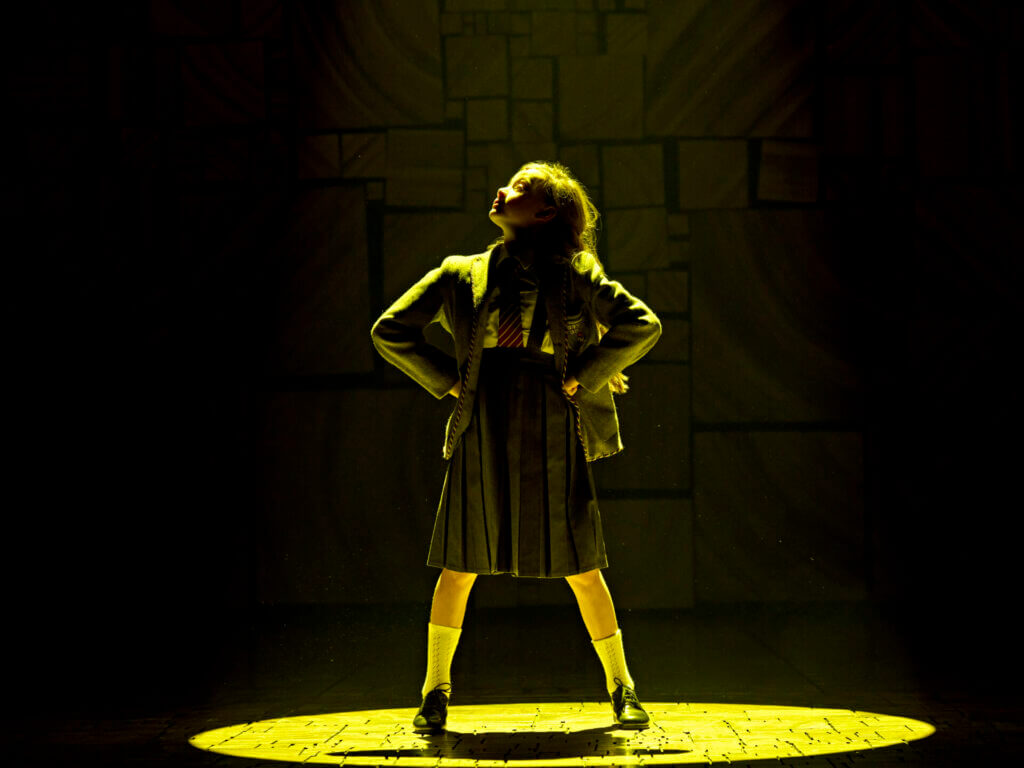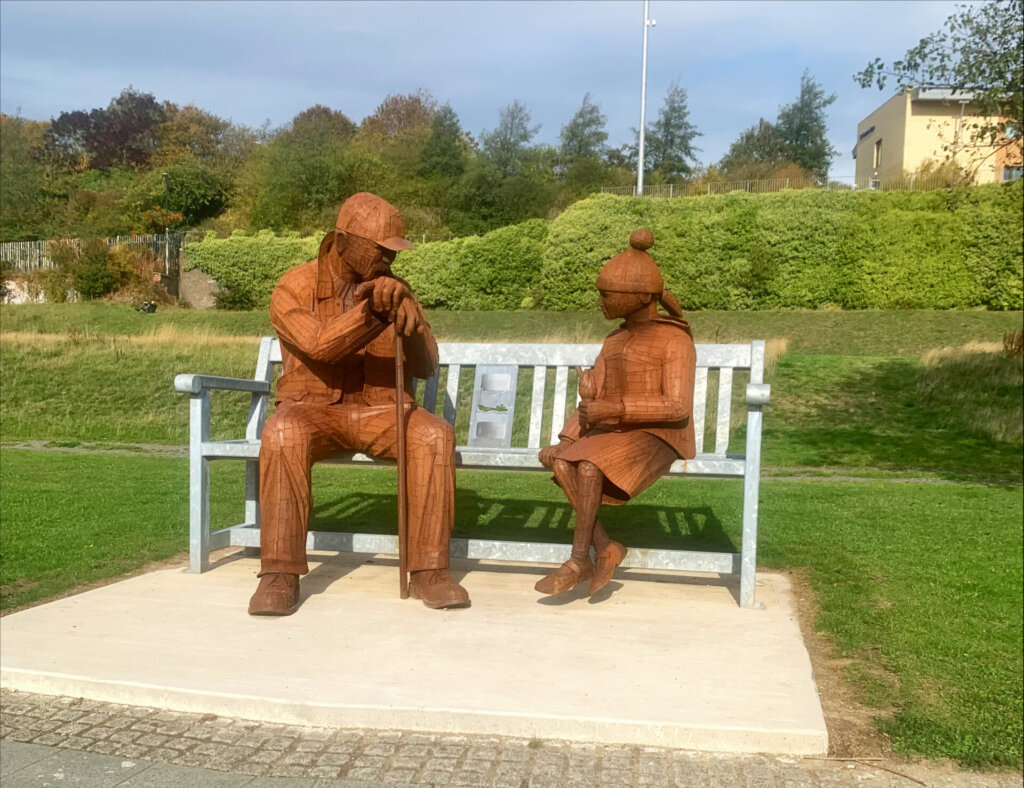25 years after Billy Elliot, is the North East finally dancing to its own tune?
Written by Adam Robson on 8th October 2025
ALMOST exactly 25 years ago, the movie Billy Elliot hit the big screen, shining a spotlight on the North East’s perceived ‘lack of culture’.
So what’s changed since then? Are we still a culture-free zone, or has the region raised its cultural game? Adam Robson reports.

Billy Elliot, played by Jamie Bell, discovers his love of dance in a scene from the film with his dance teacher, played by Julie Walters.
When Jamie Bell first danced his way across our screens 25 years ago this week – smashing 80s gender stereotypes in the process – he challenged the cliched view of the whole North East as a cultural ‘desert’.
The Bafta-winning film Billy Elliot – named after Bell’s character – didn’t hold back in depicting the economic and social barriers that he would face pursuing his artist dreams, depicting not only the rigid regional ideologies around masculinity, but the social restraints which existed at the time of the 1984 miners’ strike.
As unflattering and possibly unfair as that portrayal of the region may have been, how does its cultural landscape look today?
North East Mayor Kim McGuinness has said: “We want to treat our culture and creative industries the same way we treat green energy, advanced manufacturing or other traditional sectors. As mayor, I’m going to make sure we put our money where our mouth is.”
And her words seem to be borne out by the evolution of the region’s cultural scene.
Since Billy Elliot, the North East has certainly built up local platforms for artists to create and perform, and for others to enjoy it through festivals such as Durham Fringe and Newcastle Fringe, both of which were first organised in 2021, in an effort to create a local version of the Edinburgh Fringe.
Durham Fringe director Stephen Cronin said: “As we can see year on year, we’ve had a substantially growing audience, which is actually quite rare. A lot of theatre has struggled to keep their audiences growing.
“The fact that we’ve grown our audience from 2,250 in the first year to 7,500 in the fourth year is extraordinary in my mind – and we hope to keep on growing. ”
A far cry from Billy’s struggle to leave County Durham for London to train as a dancer.
Other recent local cultural developments have included The Stages Festival in Sunderland, along with music and performance venues like the city’s Fire Station.
Perhaps one even more crucial difference is our stronger links to the West End, through venues such as the Theatre Royal in Newcastle and The Empire Theatre in Sunderland, the latter especially since its renovations in 2004 made it the North East’s home for touring West End productions (currently hosting Disney’s Mary Poppins).
However, one could ask whether we are yet truly recognised as a centre for culture on a national level.
For example, Sunderland wasn’t picked as the latest UK City of Culture, losing to Bradford, and also lost out in 2017.
At the time, John McCabe, chief executive of the Northeast England Chamber of Commerce, said: “This is hugely disappointing, but we will still celebrate all of the great culture in our region and showcase what we have here.”
Since the award’s launch in 2013, no city in the North East has so far won the accolade, raising the question of whether we are still seen as a ‘cultural desert’ by the rest of the nation.
Nevertheless, while there is still progress to be made, it is undeniable how far we have come as a region from the North East’s depiction of the cultural wasteland in Billy Elliot, in both attitudes and accessibility.







